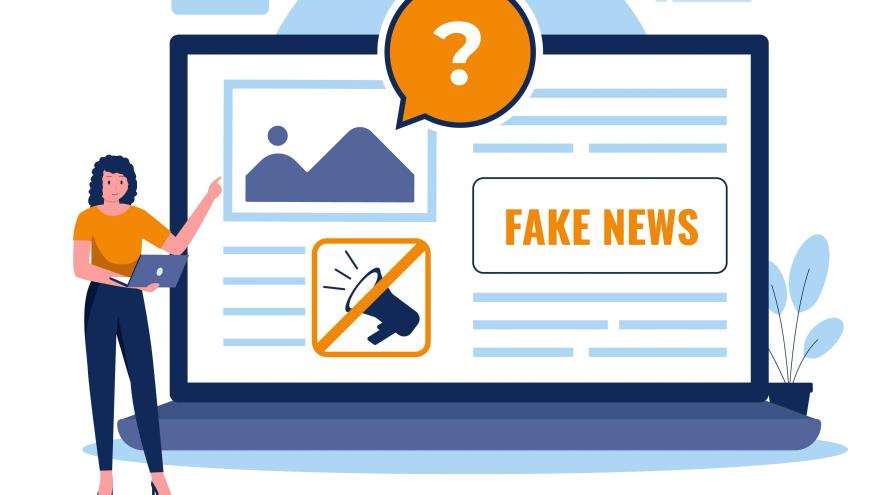PIB fact check exposes fake news on ‘Blood on Call’ 104 scam alert. Learn the truth about call 104 and avoid falling for fake news
Blood on Call 104 Fake News
In today’s fast-paced digital world, the spread of misinformation is an unfortunate reality. Whether it’s through social media, emails, or instant messaging, fake news is often shared before it’s verified. One such recent example is the viral claim about “Blood on Call” through the 104 helpline, which has been flagged as a scam by the PIB (Press Information Bureau). In this article, we will break down the truth behind this alarming fake news and the importance of relying on reliable sources for health-related information.
What is “Blood on Call” and How Did the Scam Start?
The claim about “Blood on Call” involves the false narrative that the 104 helpline, a government-backed service in India, offers an emergency service where users can request blood donations directly through a call. This misleading rumor has been circulating on social media and messaging platforms, convincing people that calling 104 can result in the delivery of blood to their doorstep.
This misleading information quickly gained traction, creating confusion and panic. In reality, the 104 helpline, operated by state governments, is primarily a medical helpline for offering telemedicine services, providing healthcare guidance, and addressing health-related queries. It does not function as a blood donation service, nor does it deliver blood to people’s homes.
PIB Fact Check: What’s the Truth?
The Press Information Bureau (PIB) is the official body that verifies government-related information and news. It plays a crucial role in ensuring the accuracy of government communications. After the “Blood on Call” rumor spread widely, the PIB conducted a thorough fact check to expose the fake news.
The PIB issued an official statement clarifying that the 104 helpline is not involved in blood donation services. It stressed that the information circulating on social media and messaging platforms was fake news. The fact check emphasized that the helpline is dedicated to providing medical consultation and guidance during emergencies, but it is not associated with blood delivery services.
According to PIB’s findings, the scam is a classic example of misinformation that often gets amplified during times of crisis. Such hoaxes can cause panic, lead to people wasting time calling the wrong numbers, and distract from the actual services that should be sought in real emergencies.
Scam Alert: The Dangers of Fake News
This incident highlights the dangers of relying on unverified information, especially when it comes to health matters. Fake news, particularly in the realm of healthcare, can have severe consequences. Imagine someone urgently needing blood and relying on a fake service like “Blood on Call.” Not only would they be disappointed, but they might also miss out on legitimate channels that could have provided the help they needed.
Moreover, such scams often involve fraudulent individuals or organizations looking to exploit people’s desperation during crises. By falsely promoting services like blood delivery through a helpline, these scammers can create confusion and even trick people into making payments for services that don’t exist.
How to Spot Fake News and Avoid Scams

With the rise of misinformation, it’s crucial to know how to identify fake news and protect yourself from falling victim to scams:
- Verify Information: Always cross-check any medical-related claims with trusted sources like the PIB, Ministry of Health and Family Welfare, or government websites. These platforms offer fact-checked and reliable information.
- Look for Official Sources: Be wary of messages and posts shared through WhatsApp, Facebook, or other social media platforms that are not verified by official bodies.
- Check for Red Flags: Scams often involve urgency and emotional manipulation. If you see a claim that’s too good to be true or seems out of place, be cautious.
- Report Fake News: If you come across suspicious claims, report them to authorities or flag them on platforms like Facebook and WhatsApp to help prevent the spread of misinformation.
Conclusion
The “Blood on Call” scam is a clear example of how fake news can exploit vulnerable people and spread confusion. Thanks to the efforts of the PIB fact check team, the truth about the 104 helpline has been clarified, preventing further damage. It’s important for everyone to be vigilant and skeptical of information that isn’t from an official or trusted source.
As the digital world continues to evolve, so too does the need for better information literacy. Always double-check the sources of information, especially when it involves health or urgent matters, and trust only verified facts. Remember, in times of crisis, the best course of action is to always seek help from reliable government services and helplines.






Your article helped me a lot, is there any more related content? Thanks!
Can you be more specific about the content of your article? After reading it, I still have some doubts. Hope you can help me.
Thank you for your sharing. I am worried that I lack creative ideas. It is your article that makes me full of hope. Thank you. But, I have a question, can you help me?
Thank you for your sharing. I am worried that I lack creative ideas. It is your article that makes me full of hope. Thank you.
I’m awe-inspired by your talent to turn ordinary topics into riveting writing. Bravo!